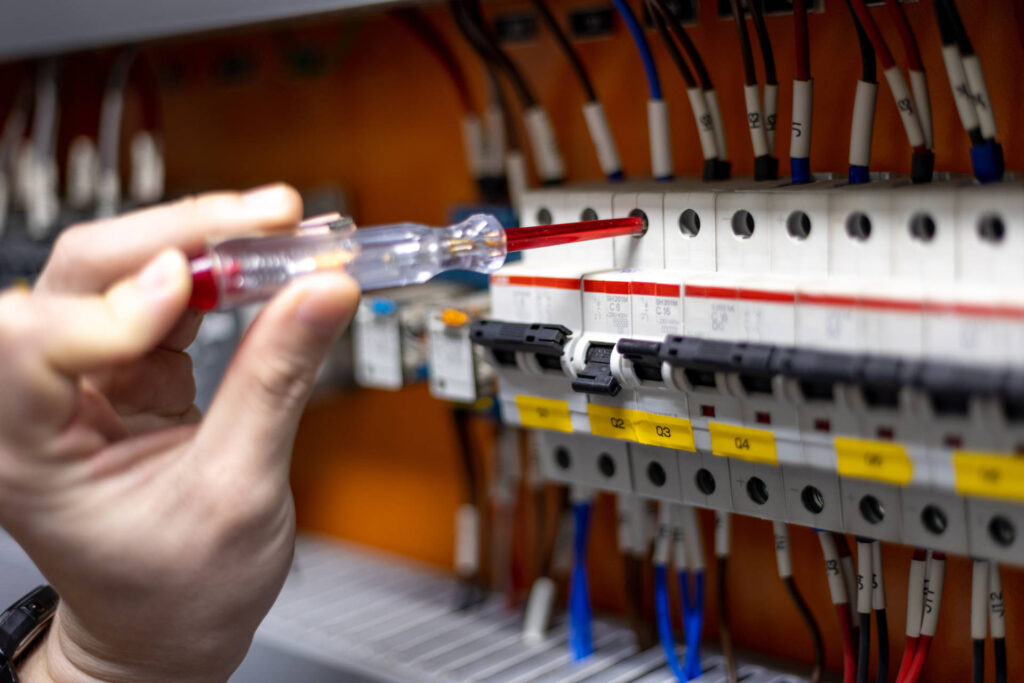Security Camera Installation
In the world of security, camera placement and installation are crucial. We pride ourselves on providing professional security camera installation services. Our team is skilled in determining the optimal technology, placement and setup for maximum surveillance efficiency, ensuring that critical angles are covered and potential blind spots are monitored.

Access Control
We understand that security needs are diverse and unique. That’s why we specialize in advanced access control systems, custom to meet the specific demands of various business types and residences. Our solutions extend beyond access control; they seamlessly integrate with comprehensive security systems, providing a holistic protection that guarantees peace of mind.

Alarm Monitoring
Our state-of-the-art monitoring systems are designed to provide complete home and business protection, offering real-time alerts and swift response to any security breaches.

Networking
Of course, robust networking is the heart of any advanced security system. Our networking solutions are tailored to meet the demands of both Texas homes and businesses. From design to installation, we focus on creating reliable and high-performance network infrastructures that support all your security needs.

Audio Visual Technicians
In today’s contemporary home and business landscape, conventional security is no longer sufficient. Our custom AV technician services are here to enhance your experiences in various environments. From setting up immersive home theater systems to configuring advanced audio-visual setups for businesses, we do it all with precision and professionalism.

Pre-Wiring
In the initial stages of building or remodeling, our expert pre-wiring services set the foundation for a future-proof building. Professional pre-wiring is crucial for today’s technology-driven environments, and our customized solutions cater to various building types, ensuring that your infrastructure is ready for any advanced security and technology solutions.
